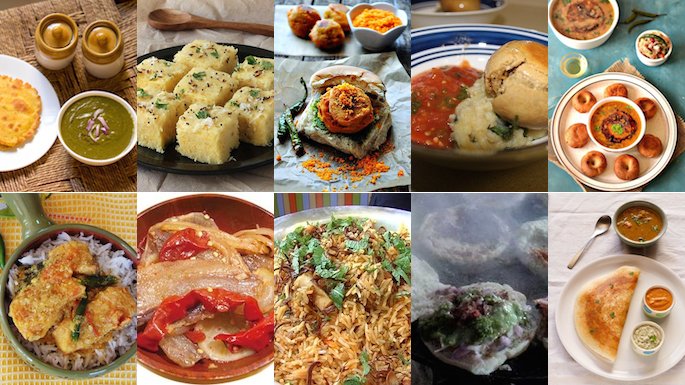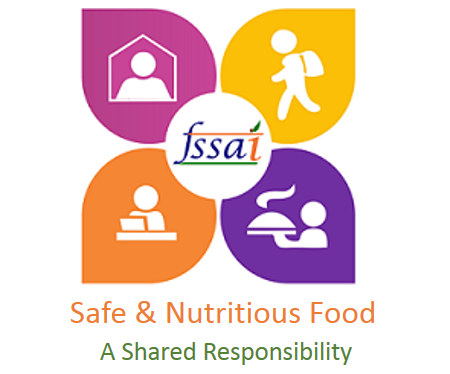
World Food Safety Day is an annual international observance held on June 7th. The UN General Assembly established it in December 2018 to raise awareness about the importance of food safety and to promote measures to prevent, detect, and manage foodborne risks.
Every year, millions of people worldwide are hospitalised, lose productivity, and even die as a result of foodborne illnesses.
The primary goal of World Food Safety Day is to highlight the importance of safe and nutritious food for all people, regardless of location or socioeconomic status.
The following key messages are promoted during World Food Safety Day:
- Food safety is a shared responsibility: Everyone, including consumers, food producers, processors, and regulators, plays a role in ensuring food safety.
- Safe food promotes healthy living and well-being: Because foodborne diseases can have serious health consequences, food safety is critical for overall public health.
- Collaboration is essential: Governments, international organisations, businesses, and consumers must work together to implement effective food safety measures.
- Access to safe and nutritious food is a fundamental right: Everyone has the right to eat food that is free of contaminants and does not harm their health.
- Food safety is critical for long-term development: By encouraging food safety practises, we can support sustainable agriculture, reduce food waste, and reduce the environmental impact of food production.
Some Indian states that are frequently recognised for having relatively higher food safety standards:

- Goa: As a popular tourist destination, Goa places a high value on food safety in order to cater to the large number of domestic and international visitors. The state has well-defined food safety regulations in place, as well as strict inspections of food establishments.
- Tamil Nadu: Through the implementation of the Food Safety and Standards Act, Tamil Nadu has made significant efforts to ensure food safety. The state conducts regular inspections, requires strict labelling, and has dedicated food safety laboratories for testing and analysis.
- Gujarat is well-known for its stringent food safety regulations and focus on quality control. The state has implemented novel measures such as the Food Safety on Wheels initiative. It involves mobile testing laboratories to ensure food safety in various regions.
- Maharashtra has taken several steps to improve food safety, including the establishment of the Maharashtra Food and Drug Administration (FDA). The FDA inspects food, enforces food safety regulations, and organises public education campaigns to educate consumers and food businesses.
- Kerala: It is known for having a high literacy rate and a strong healthcare system. It translates into a higher awareness of food safety practises. The state has stringent food safety measures, such as food handler training and regular inspections of food establishments.
Junk food’s role in World Food Safety Day:

- Foodborne illnesses: Highly processed foods are more likely to be contaminated with dangerous bacteria, viruses, or other pathogens during production, packaging, or distribution.As a result,it creates illness.
- Quality assurance difficulties: Junk food is produced and distributed using intricate supply chains and large-scale manufacturing procedures. It can be difficult to maintain consistent quality and avoid contamination while maintaining food safety throughout these processes.
- Impact on sustainability: Environmental problems like overuse of resources, deforestation, and greenhouse gas emissions. These are a result of the production and consumption of junk food.
- Lack of nutritional value: Junk food lacks vital nutrients and can cause diets to become out of balance and malnutrition. Overeating junk food can increase the risk of developing health problems like obesity, heart disease, diabetes, and other diet-related disorders.
- Misleading labelling and advertising: Junk food products are marketed in ways that can deceive consumers about their nutritional value and potential health effects. Inaccurate claims or inadequate labelling can limit consumers’ ability to make informed decisions and increase concerns about food safety.
List of organizations give countries ranking according to Food Safety:

- The World Health Organization’s (WHO) Global Foodborne Infections Network collects data on foodborne diseases and monitors food safety practises around the world.
- The United Nations Food and Agriculture Organisation (FAO): The FAO promotes food safety globally and provides technical assistance to countries.
- The GFSI (Global Food Security Index): The GFSI, published by The Economist Intelligence Unit, then ranks countries based on factors such as food affordability, availability, quality, and safety.
- FSI (Food Sustainability Index): The Food Security Index (FSI), created by the Barilla Centre for Food & Nutrition and the Economist Intelligence Unit, ranks countries based on food loss and waste, sustainable agriculture, and nutritional challenges.
